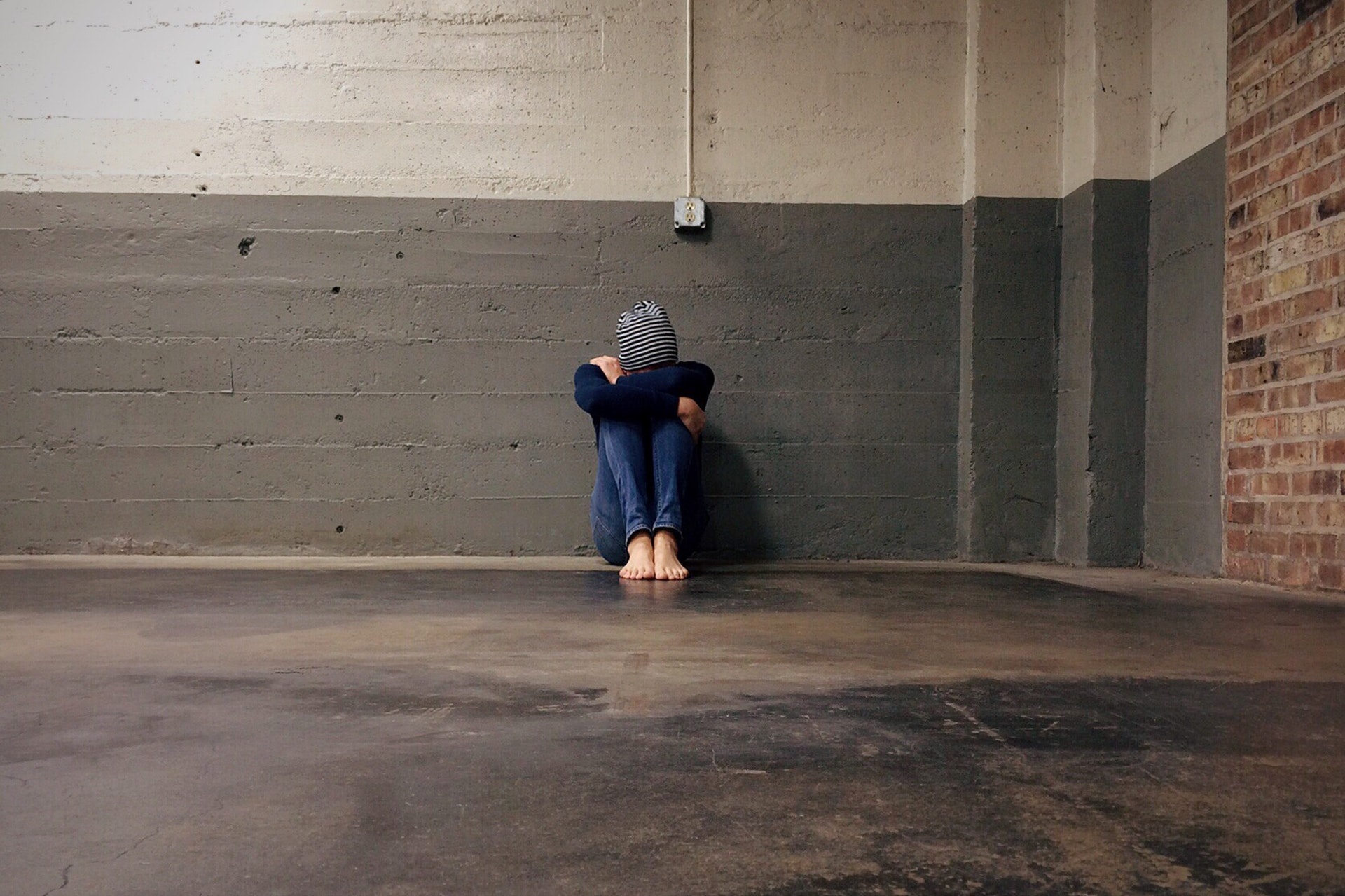
If you have minor children and are getting divorced, you and your spouse – with the help of attorneys – can often work out questions of custody, visitation, and other related issues with the help of your attorneys.
In some California cases, however, the court will appoint a person known as a minor’s counsel to represent the children.
The following explains what a minor’s counsel is and what their role in a divorce case is:
What is a California “minor’s counsel”?
A minor’s counsel is a lawyer appointed by the court to represent the best interests of the child. Attorneys who fill this role must meet the training, experience, and education requirements mandated by California law.
After they’re appointed, they gather information in several different ways, including interviewing the child, reviewing court files and relevant records such as school and medical reports, and investigating further if necessary. If the child has wishes they’d like to share with the court, this is also done through a minor’s counsel.
When is a minor’s counsel needed?
Most divorce cases involving minor children can be resolved without the help of a minor’s counsel. However, in some cases, the court will decide that a minor’s counsel should be appointed. This is sometimes done based on a recommendation from a parent, one of their attorneys, the child, a relative, or other parties with knowledge about the case, or the court can decide that having a minor’s counsel is in the child’s best interests without a recommendation.
The following are some of the circumstances that might prompt the court to appoint one (or more, if there are multiple children):
- The divorce case is highly contentious.
- The parents have an extended legal history.
- The child is under stress due to the divorce dispute.
- Claims of abuse, neglect, or child abduction have been made.
- The court needs more information about what’s in the child’s best interests.
Although most divorce cases don’t require the help of a minor’s counsel, this position can help the court decide what’s in the child’s best interests in more complex cases. With each parent being represented by an attorney, a California minor’s counsel represents the child’s interests and gives related information to the court.
It is imperative to have a skilled family law attorney advocating for you and your child. Dont leave your time with your child up to chance, put yourself in the best position possible by having zealous representation.
•••••
Attorney Kathy Minella is on the court appointed list as a minors counsel. She is regularly appointed to assist the court in difficult and complex custody cases. Our attorneys are skilled in presenting custody cases in court that demonstrate the best interest of the child. Please call 619.289.7948 for more information.
[image courtesy of pexels]









